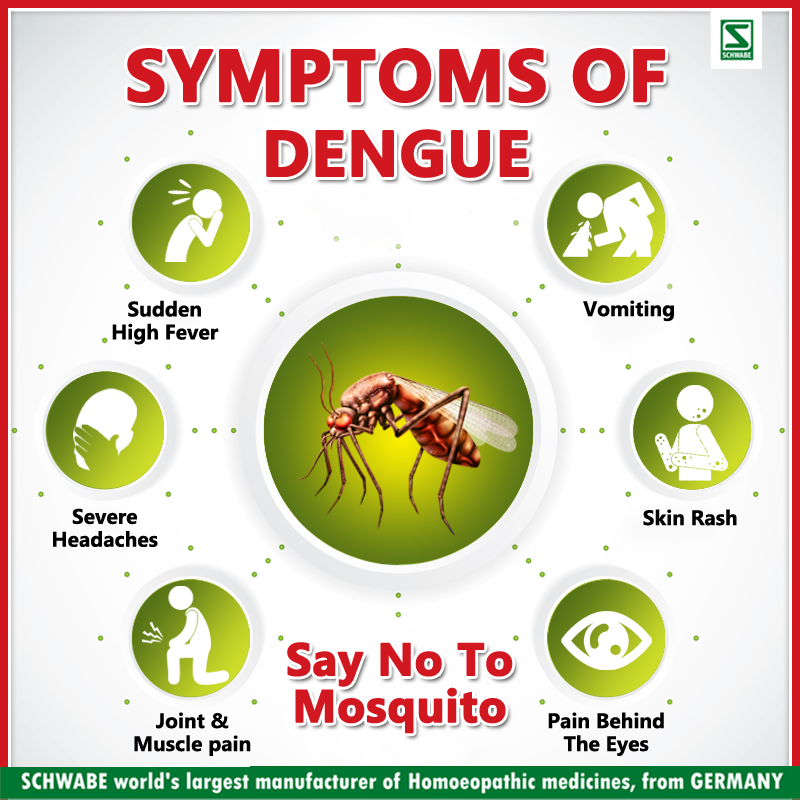DENGUE PROFILE IGG,IGM,NS1 (QUALITATIVE)
Dengue fever testing is used to determine whether a person with signs and symptoms and recent potential exposure has been infected with the dengue virus. The infection is difficult to diagnose without laboratory tests because symptoms may initially resemble those of other diseases, such as chikungunya infection. Two primary types of testing are available:Molecular testing (polymerase chain reaction, PCR)—this type of test detects the genetic material of the dengue virus in blood within the first week after symptoms appear (fever) and can be used to determine which of the 4 serotypes is causing the infection. One type of Real Time RT-PCR test can detect dengue and the two other mosquito-borne viruses, Zika and chikungunya, and distinguish between the three. Only certain public health laboratories are able to provide the test after verifying that they can successfully perform the assay. Though the test is not available in hospitals or clinics, healthcare practitioners are able to order it through their state and local public health departments. Results can take from four days to two weeks, according to the Centers for Disease Control and Prevention (CDC).Molecular tests of blood are not likely to detect the virus after 7 days of illness. If the result of a PCR test is negative, an antibody test can be used to help establish a diagnosis, according to the CDC (see below).Antibody tests—these tests are primarily used to help diagnose a current or recent infection. They detect two different classes of antibodies produced by the body in response to a dengue fever infection, IgG and IgM. Diagnosis may require a combination of these tests because the body's immune system produces varying levels of antibodies over the course of the illness.IgM antibodies are produced first and tests for these are most effective when performed at least 7-10 days after exposure. Levels in the blood rise for a few weeks, then gradually decrease. After a few months, IgM antibodies fall below detectable
levels.IgG antibodies are produced more slowly in response to an infection. Typically, the level rises with an acute infection, stabilizes, and then persists long-term. Individuals who have been exposed to the virus prior to the current infection maintain a level of IgG antibodies in the blood that can affect the interpretation of diagnostic results.



